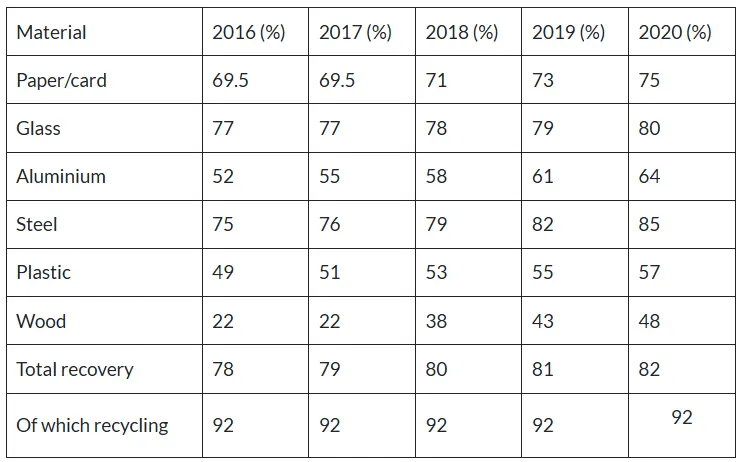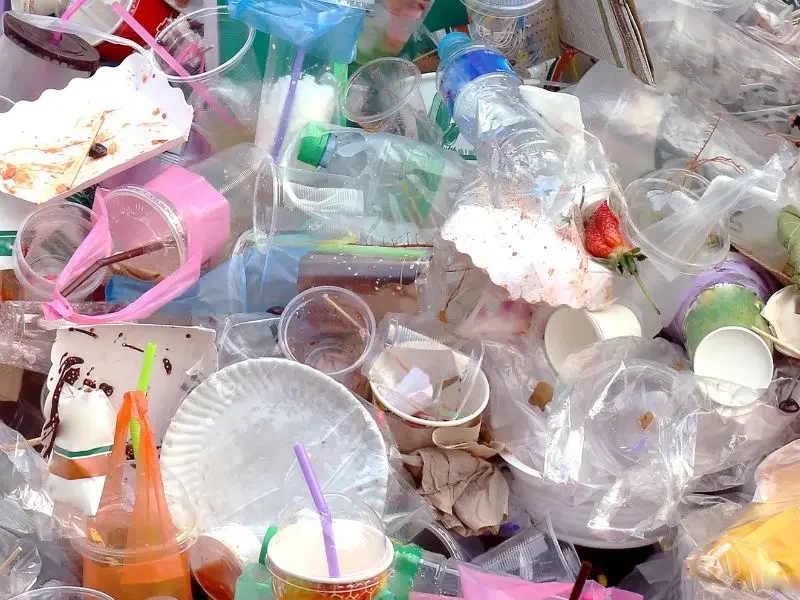Unpack the environmental impact of plastic packaging and explore effective ways to reduce plastic waste through smarter choices, innovation, and sustainable alternatives.
The UK generates around 2.4 million tonnes of packaging waste per year. WRAP suggests that of this packaging waste, we currently recycle around 50% of plastic bottles and just 12-15% of mixed plastics, so there is still much progress to be made.
In our previous blogs, we have discussed the impacts of plastic and the necessity to reduce plastic waste. We have also explored how you can decrease both your business and domestic plastic usage. In this blog, we focus on the impacts of plastic packaging, the UK law on packaging waste and obtaining Packaging Waste Recovery Notes.
Plastic as a Packaging Material
Plastic is relied upon worldwide as a main packaging material, favoured for its low cost and versatility. Plastic packaging also plays an important role in protecting goods and extending the shelf life of food products. However, when discarded the material remains a valuable resource that can be reused. Through ensuring the recycling of this material this resource will remain within the economy and out of landfill, which delivers economic and environmental benefits by reducing the demand and consumption of virgin plastics. For example, recycling 1 tonne of soft drink bottles saves around 1.5 tonnes of virgin plastics (WRAP).
A great deal of plastic packaging waste is produced by businesses whose activities include the use, selling or handling of packaged goods. In response, the Producer Obligations (Packaging Waste) 2007 Regulations are enforced. These regulations seek to reduce the amount of packaging that is used, reduce the amount of packaging that goes to landfill and increase the amount of packaging that is recycled and recovered. The regulations encompass all other packaging materials in addition to plastic.
Part of your duty as an obligated packaging user is to meet recovery and recycling obligations. This includes paying towards the cost of recycling waste packaging by purchasing Packaging Waste Recovery Notes (PRNs).
Packaging Waste Recovery Notes (PRNs)
Under the packaging regulations, producers must pay towards the cost of recycling waste packaging by purchasing packaging waste recovery notes (PRNs).
Regulations state that obligated companies need to recover and recycle a proportion of handled packaging over the space of a year. A PRN is documented proof, providing evidence that waste packaging materials have been recycled or recovered into a new product.
Accredited reprocessors are able to sell PRNs to either obliged companies or to compliance schemes. This proves that the packaging material has been recycled on their behalf.
Targets are set each year and they are as follows (table is taken from CO2 compliance)

In next weeks blog, we will look at the what your full requirements are if you are classed as an obligated packaging user.







